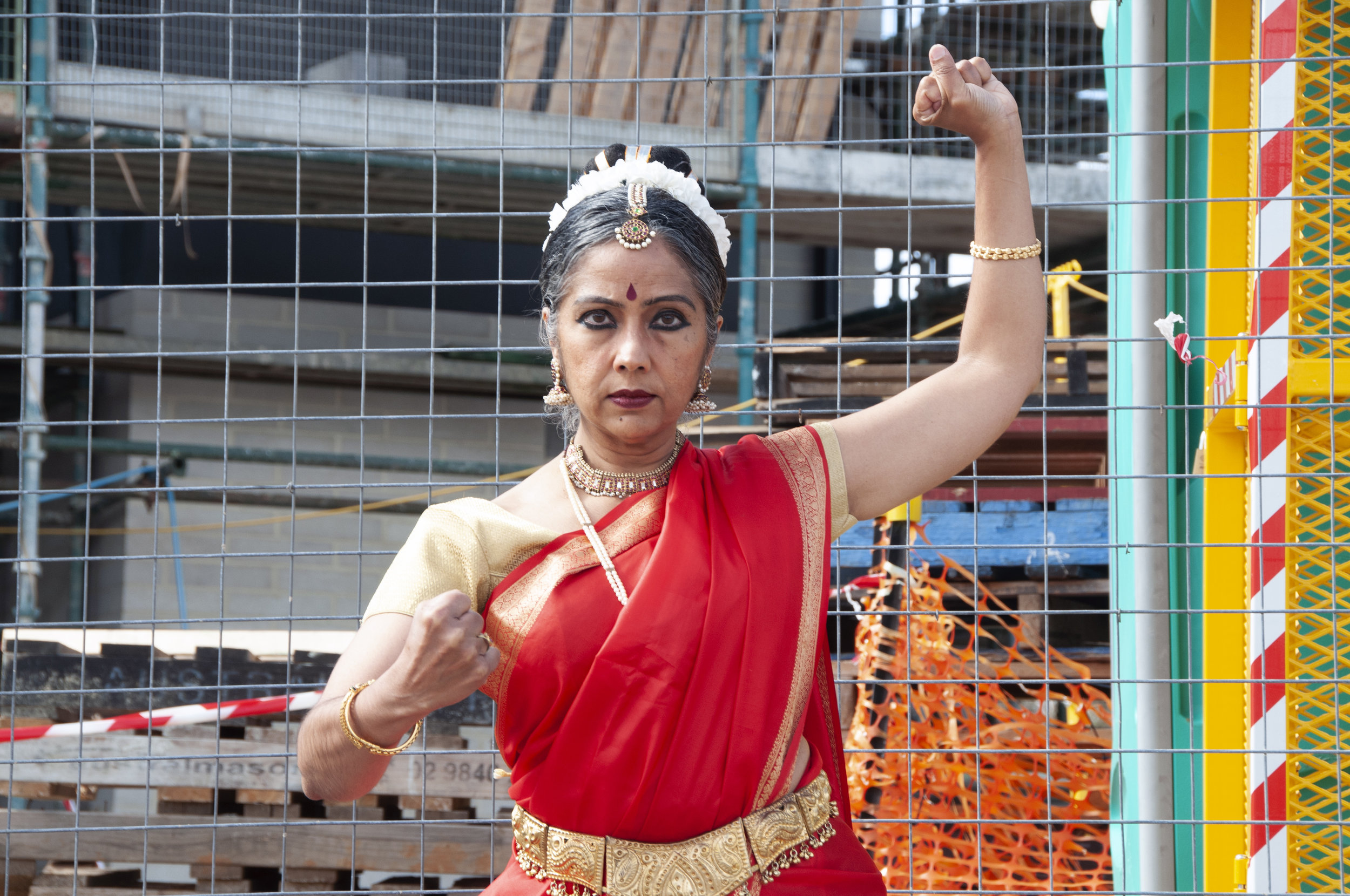The demand to know as an attribute of the maya state of delusion
The demand for information and knowledge with the aim of unravelling mystery, and subjecting everything to study and deconstruction, is hailed as the hallmark of civilisation as opposed to the ignorance of superstition. (This is often discussed as an Enlightenment phenomenon, but I suggest that in the Indian context, Adi Sankara proposed the pre-eminancy of intellect and reason sometime in the late 700 and early 800 AD.) At the same time, the advocates of mystery reject all rigour and propose a knowledge-free zone where any individual experience is exalted to a mystical status.
What if the practice of Indian contemplation (experience of the Brahman state of being) is both—a subjective experience shaped and informed by knowledge and practice frameworks? It is subjective because ultimately language and paradigms take you to the doorway of the experience but cannot prescribe the experience for you. What matters is that the preparation towards the Brahman is a known and established set of traditions. What makes it tricky is that these traditions are not recognisable by the validation frameworks of our times. In fact they deliberately dismantle those frameworks because the heart of the practices is about freedom from validation.
So how do we know we are on the right track and not continuing to cling to delusions of grandeur of a moksha pathway? I think the answer is in that very question. If we are pursuing these practices with delusions of grandeur, of affirmation, and of self-satisfaction, then likely we are only going to shape our experiences to meet those aims. So I offer to you that it is important to know, at the very least, what you are not looking for even if you do not know what it is you are looking for.
Many of the practices of these traditions are in fact spaces that lend themselves to this approach—the neti-neti principle, not this, not this. This is also the only way we get even close to the Brahman experience itself—not light nor dark, not happiness nor sorrow, not material or non-material. The invitation is to slowly drop off the many things we look for—to know, to be validated, to be comfortable—while at the same time not allowing the mind to go to the dichotomous feeling of ignorance, discomfort and the like.
This is also why ‘studying’ contemplative traditions, such as Indian practices, is a vexed exercise. How can practices which explicitly seek to dismantle paradigms of our known discourses ever offer themselves to examination within those selfsame discourses? The invitation is to step into a space of humility and enter the frameworks of analysis and rigour which are associated with these practices rather than demand that they be justifiable in totally inappropriate contexts. Why this matters is that these practices offer incredible paradigm shifting possibilities in our times and to force them into the known is to lose sight of that precious opportunity at the exact time when it is most urgently needed.

